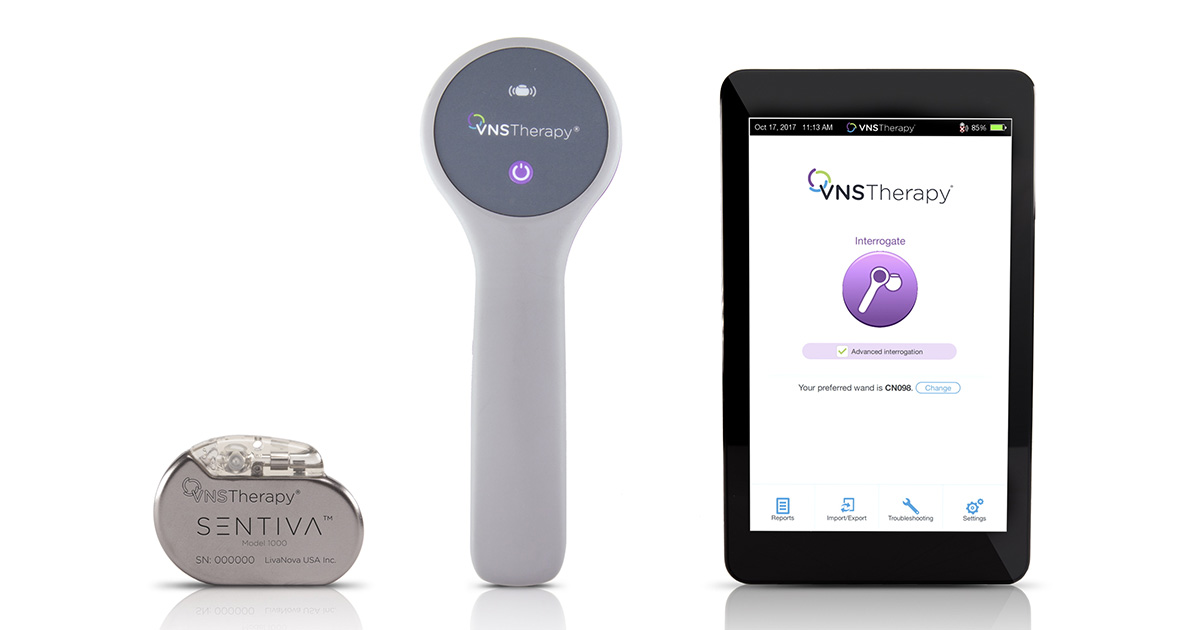VNS Therapy and Travel

People with a vagus nerve stimulator (VNS) or responsive neurostimular (RNS) may have their own questions about traveling. With enhanced security equipment at many airports or other locations, concerns about possible problems with implanted devices or other electronic equipment arise. Here are a few tips to consider while traveling with a VNS. Make sure you also look at VNS Therapy 101 to make sure you know how to use the VNS as part of your seizure plan. Talk to your health care team too and ask for travel recommendations from the companies who make the devices.
Preparing for Travel
- Make an appointment well ahead of travel time to have the VNS or RNS checked and programmed as needed.
- Ask your doctor or nurse to help you update your Seizure Action Plan. Make sure you have the information about your implanted device listed correctly and how to use it as part of seizure management.
- If you will be traveling for a long period of time, take a letter with you that will list out the stimulation parameters of your VNS and who to call if any questions arise. Ask for a list of epilepsy specialists or hospitals at your destination who may be able to help if problems arise.
- Take your copy of the Patient Manual for VNS (from LivaNova) and the one for RNS (from Neuropace) with you when traveling. Also carry your device registration card or papers.
Magnet Tips
- Take two magnets with you and make sure one is with you or in a carry-on. Give one to a travel companion to hold in case you lose one.
- Make sure you don’t keep the magnet in your purse or suitcase so it doesn’t affect your credit cards or other important electronic equipment.
- Take some strong tape (usually hospital or medical tape will work) to use if you need to tape the magnet over the generator and temporarily turn it off. Woman may consider getting an exercise bra that fits snugly around the chest. This type of bra can hold the magnet next to your skin and over the generator if needed.
Safety Tips
- When walking through security areas, ask the security personnel not to use a wand over your body, especially over the device. Give them a copy of your Seizure Action Plan or a letter from your doctor that describes your VNS or RNS and show them a copy of your registration card if requested.
- Let people know that you have an implanted stimulator and seizures. If you lose consciousness during a seizure, airline personnel could mistake a seizure for a heart attack and inadvertently use a defibrillator. A defibrillator could potentially interfere with and damage the VNS. Of course, if a heart attack does occur, immediate life-saving treatment to treat the heart attack comes first and the VNS issues are addressed later.
Resources
Epilepsy Centers
Epilepsy centers provide you with a team of specialists to help you diagnose your epilepsy and explore treatment options.
Epilepsy Medication
Find in-depth information on anti-seizure medications so you know what to ask your doctor.
Epilepsy and Seizures 24/7 Helpline
Call our Epilepsy and Seizures 24/7 Helpline and talk with an epilepsy information specialist or submit a question online.
Tools & Resources
Get information, tips, and more to help you manage your epilepsy.



